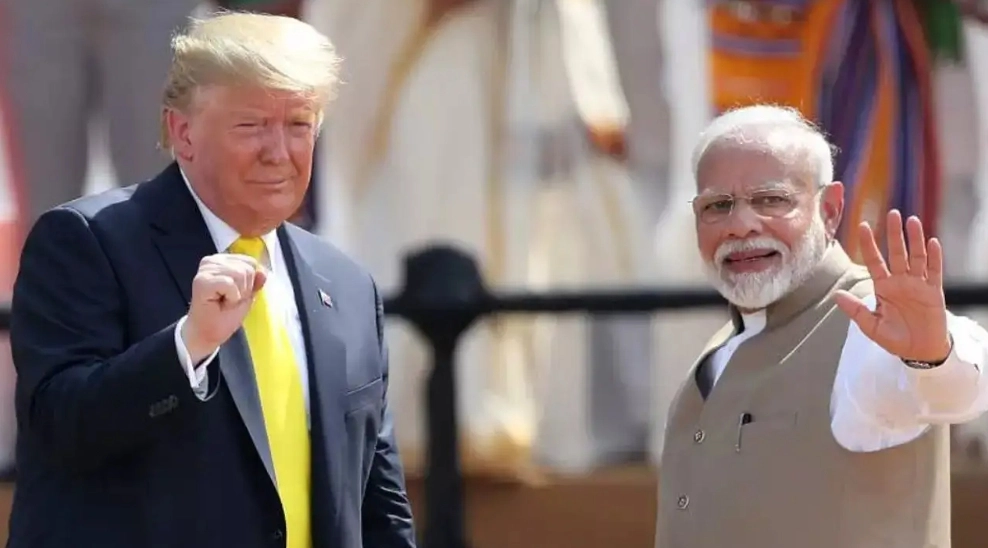 New Delhi:
New Delhi: The 26% reciprocal tariffs imposed by US President
Donald Trump on Indian imports have officially taken effect. While the move has raised eyebrows globally, India is expected to adopt a measured response, with no immediate retaliation planned, Reuters reported, citing a senior government official. Later in the day, the Union Cabinet will hold a crucial meet to discuss the issue to minimise the impact on India's economy.
The Indian government is taking a cautious approach, focusing instead on ongoing negotiations tied to the broader US-India trade deal that was announced during Prime Minister Narendra Modi’s visit to the US earlier this year. The sudden imposition of the 26% tariff — higher than many had anticipated — has added fresh uncertainty to trade dynamics, even though the rate is comparatively lower than what has been levied on several other nations.
According to a chart shared by Trump, India’s total trade and tariff barriers are pegged at 52%. However, this figure has been disputed. The World Trade Organisation places India’s average tariff closer to 12%, raising questions about the methodology behind the US administration's calculations.
Reports suggest the Trump administration derived its tariff rates by assessing the size of a country’s trade imbalance with the US and dividing it by the value of US imports from that country — then halving the result to arrive at a “reciprocal” rate.
Despite the aggressive move, analysts say India’s muted response indicates a focus on maintaining long-term trade stability. As per DBS Bank, the 26% tariff is more than double the existing average tariff gap between the two countries, signalling a significant shift in trade strategy from Washington.
Jaishankar, Rubio Stress Need for Swift India-US Trade Deal
External Affairs Minister S Jaishankar and US Secretary of State Marco Rubio emphasised the urgency of finalising the long-pending India-US bilateral trade agreement during a phone call held on Monday — marking the first high-level contact since President Donald Trump’s announcement of new tariffs on April 2, targeting around 50 countries, including India.
Sharing details of the conversation on X, Jaishankar said both sides agreed on the importance of concluding the trade deal at the earliest. The call also covered a broad range of strategic issues, with the two leaders exchanging views on developments in the Indo-Pacific, the Indian subcontinent, Europe, the Middle East, and the Caribbean.
"Good to speak with @SecRubio today. Exchanged perspectives on the Indo-Pacific, the Indian subcontinent, Europe, Middle East/West Asia and the Caribbean. Agreed on the importance of the early conclusion of the bilateral trade agreement. Look forward to remaining in touch," Dr Jaishankar posted on X.
 New Delhi: The 26% reciprocal tariffs imposed by US President Donald Trump on Indian imports have officially taken effect. While the move has raised eyebrows globally, India is expected to adopt a measured response, with no immediate retaliation planned, Reuters reported, citing a senior government official. Later in the day, the Union Cabinet will hold a crucial meet to discuss the issue to minimise the impact on India's economy.
New Delhi: The 26% reciprocal tariffs imposed by US President Donald Trump on Indian imports have officially taken effect. While the move has raised eyebrows globally, India is expected to adopt a measured response, with no immediate retaliation planned, Reuters reported, citing a senior government official. Later in the day, the Union Cabinet will hold a crucial meet to discuss the issue to minimise the impact on India's economy.